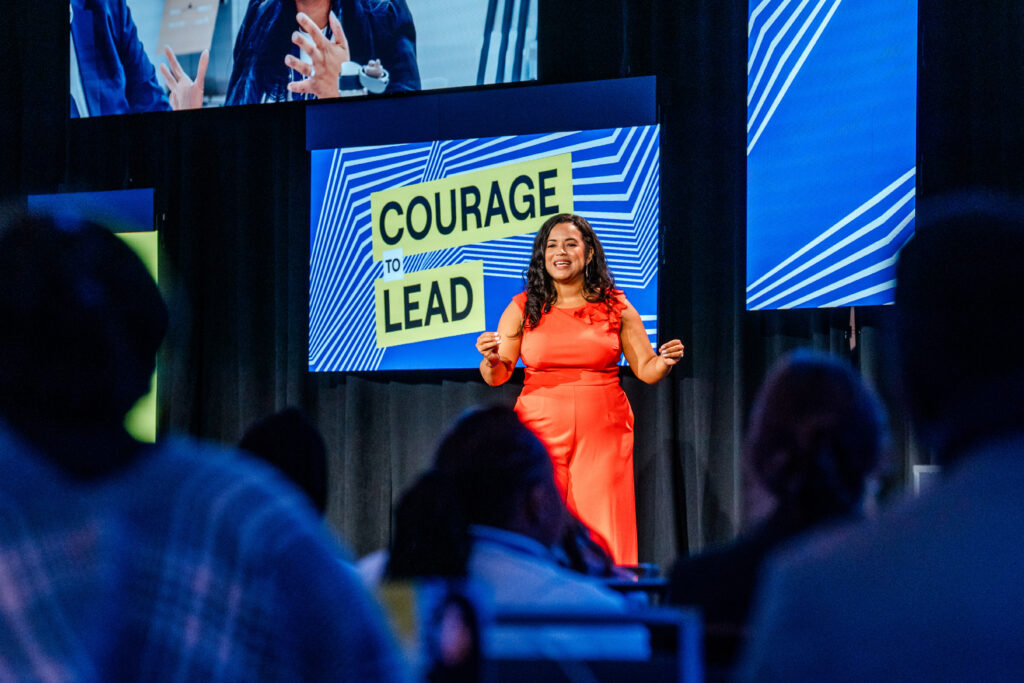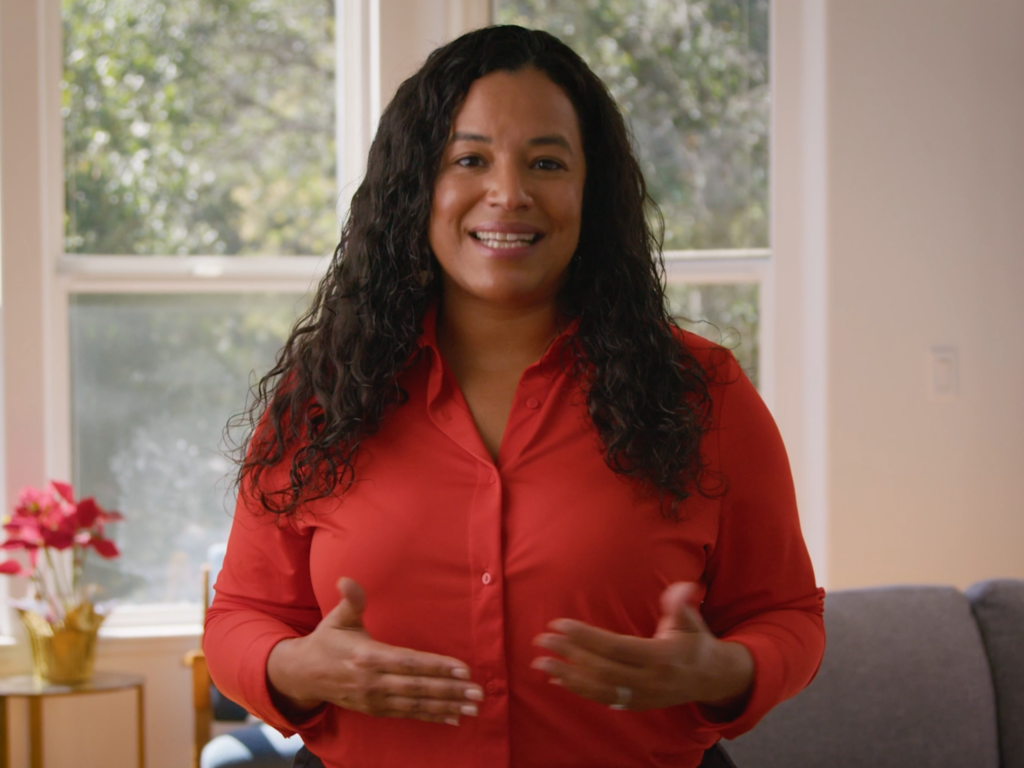As student populations become more racially and socioeconomically diverse, there is a growing recognition among educators and researchers of the role that culture can play in children’s academic and social development. In many cases, students are forced to navigate an inherent “mismatch” between their home and school cultures. This disconnect is perhaps most pronounced when considering technology use: New research reveals that almost all children in the United States (including those from low-income households) use mobile devices at home, many before the age of one. At the same time, school-based technology use is sporadic while students of color remain burdened with “unequal access to educational resources”.
In the realm of science education, learning experiences often represent and reinforce systemic disparities based on race and class — students from low-income households are less likely to leave school prepared to apply scientific thinking to real world challenges. With this context in mind, how can content creators advance equity by making science more culturally relevant? One answer, according to Teachers College professor Christopher Emdin, is tapping into the creative power of hip hop:
STEM instruction should be rooted in the art and culture of marginalized groups. To make STEM more fun and accessible, students must see themselves as inherently scientific, and their worlds as naturally mathematical. They must see diversity in STEM, and how it is expressed to the world. Once this happens, intellectual rigor becomes fun, and young people rise to the challenge. […] This is an approach to STEM that is inclusive of all youth, but that is particularly necessary for urban youth of color who are least likely to engage in these disciplines, and yet deeply engaged in hip-hop culture.
Below we share three examples of edtech developers from NewSchools Ignite’s Science Learning Challenge cohort that are leveraging the power of music to make science learning more engaging and culturally relevant.
Mosa Mack Science
Mosa Mack Science develops animated science mystery videos that invite learners to become part of the story by completing hands-on activities and engineering challenges. The episodes feature a black girl protagonist, creating an opportunity for students to see themselves as scientists from a young age. A teacher in Oakland, California, reports that his primarily black and Latino students are able to identify with the characters, “mak[ing] science more attainable”.
In addition to visual and hands-on learning opportunities, Mosa Mack uses songs to help make potentially dry content (like the chemical equation for photosynthesis) more engaging. Such use of music in non-music subject areas like science can reflect and promote classroom diversity while enhancing replay value and supporting increased retention of knowledge.
Flocabulary
Flocabulary’s “Week in Rap” music videos emphasize real world topics and current events, setting the stage for students to apply scientific inquiry to a range of topics that directly affect their lives. A teacher in Brooklyn, New York, shares that she uses the videos along with journals and class discussions to empower “all levels of learners” to develop critical thinking as well as reading, writing and presentation skills.
This interdisciplinary approach is aligned with one of the most significant conceptual shifts represented by the Next Generation Science Standards: a focus on the “interconnected nature of science as it is practiced and experienced in the real world”. The application of scientific thinking to life beyond the classroom also supports authenticity by “allowing students to become emotional stakeholders in the problem”, an important precursor to self-directed learning.
Science With Tom
Science With Tom produces interviews with scientists from diverse backgrounds as well as rap videos on a range of science topics. Students are also encouraged to create and share their own rap verses and music videos. A teacher in Sacramento, California, describes the progression of his students from engagement (“play it again!”), to analysis of lyrics from the videos, to the creation of their own content.
By emphasizing both scientific and hip hop cultures, the videos meet students (and teachers) where they are, helping them develop the confidence necessary to translate newly formed knowledge into creative expression. In this way, hip hop can act as a tool to help students critically examine their past and present as well as “imagine future possibilities”.
* * *
Cultural relevance is a crucial aspect of engaging students, connecting information to their real world experiences, and inspiring them to act as creative problem solvers. Both technology and hip hop will play a critical role in shaping the future of science learning, most importantly by empowering students to apply scientific knowledge and practices in ways that reflect their own values and intentions.
To learn more about NewSchools Ignite and the Science Learning Challenge, visit ignite.newschools.org.


